Health officials across the world are stressing on the importance of social distancing as the first line of defence to cope with the COVID-19 pandemic. And countries like India, the US, Italy, Spain, Iran, are following it quite diligently as well.
While all of us must adhere to the suggestions of the health officials, it must be understood that social distancing would only limit the spread of the virus and help us flattening the curve. The elimination of the disease would require more steps than that.
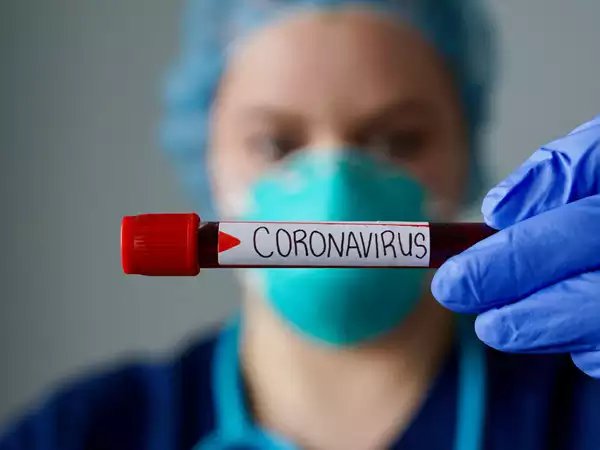
Advice from WHO
Tedros Adhanom Ghebreyesus, Director-General of World Health Organisation (WHO) cautioned the world that lockdown will not be enough to eradicated COVID-19.
On March 25, in a daily briefing, he said, “To slow the spread of COVID-19, many countries introduced “lockdown” measures. But on their own, these measures will not extinguish epidemics. We call on all countries to use this time to attack the novel coronavirus. You have created a second window of opportunity.”
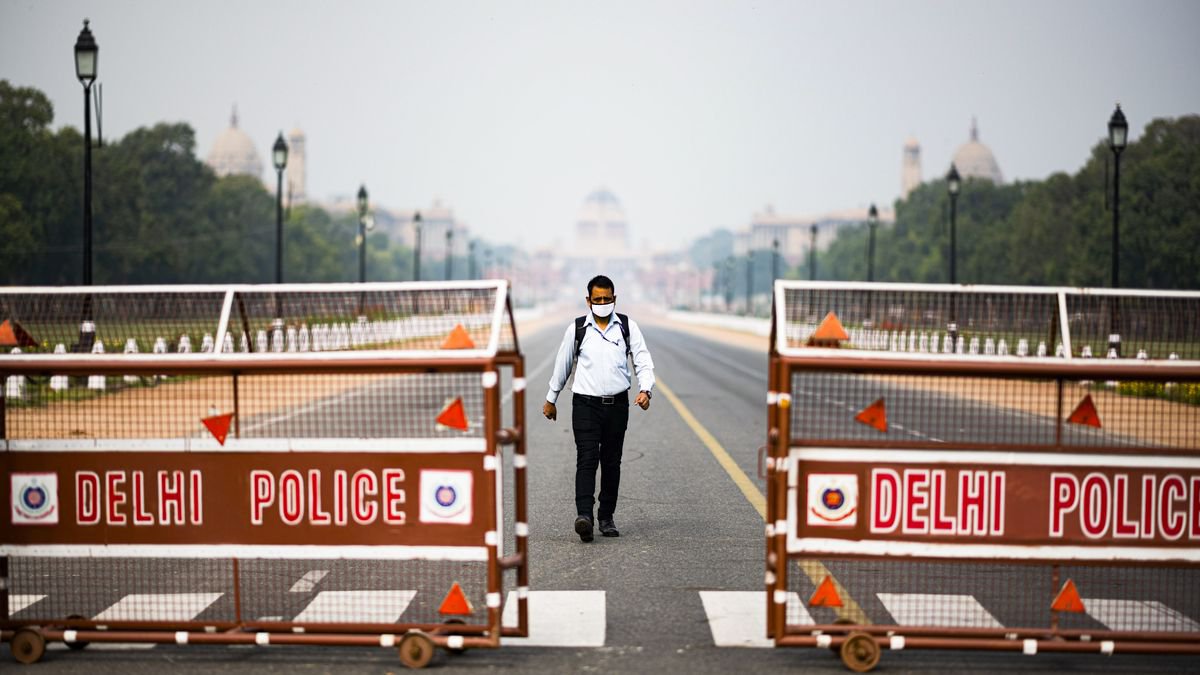
So, what can countries across the world?
First and foremost, continue practising social distancing. Ironic? Well, that’s the nature of the world these days.
Social distancing might not eliminate the pandemic but it will buy countries time, especially important for countries with a weaker health system, like India so that they can prepare for the pandemic without exhausting all of their resources.
This extended time, countries have to follow 5 steps, almost on a loop: find, isolate, test, treat and trace.
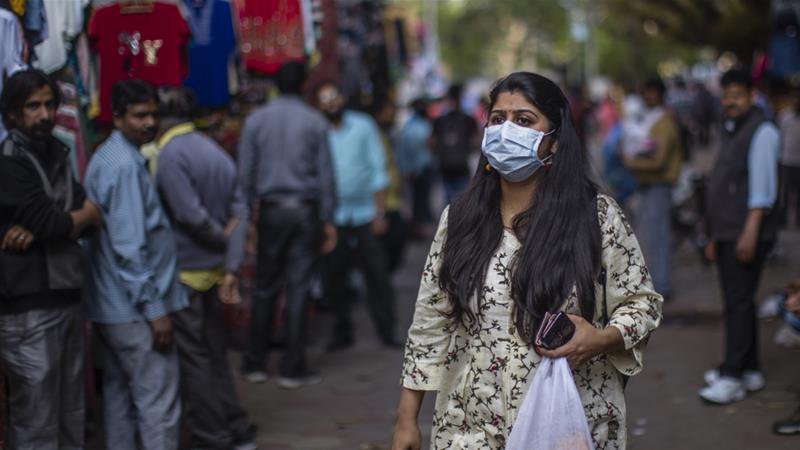
Find
Find out all possible people who might have had a recent history of foreign travel or have come in contact with any affected people. Contrary to what you may believe, more people you find at an early stage, a better chance at reducing their possibility of passing the virus.
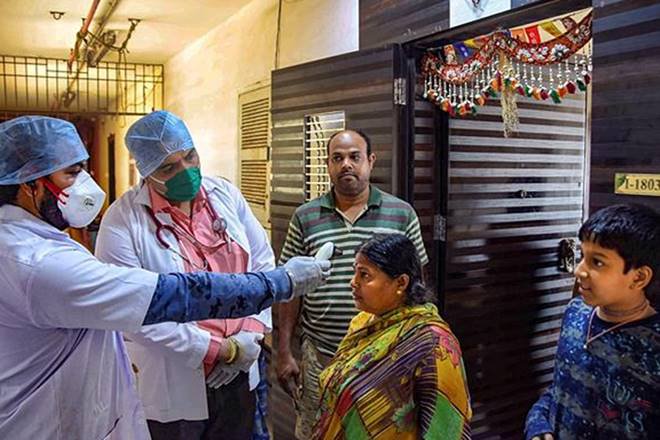
Isolate
As soon as you have found possibly infected people, countries must keep isolating them so that they do not pass on the virus to others around them.
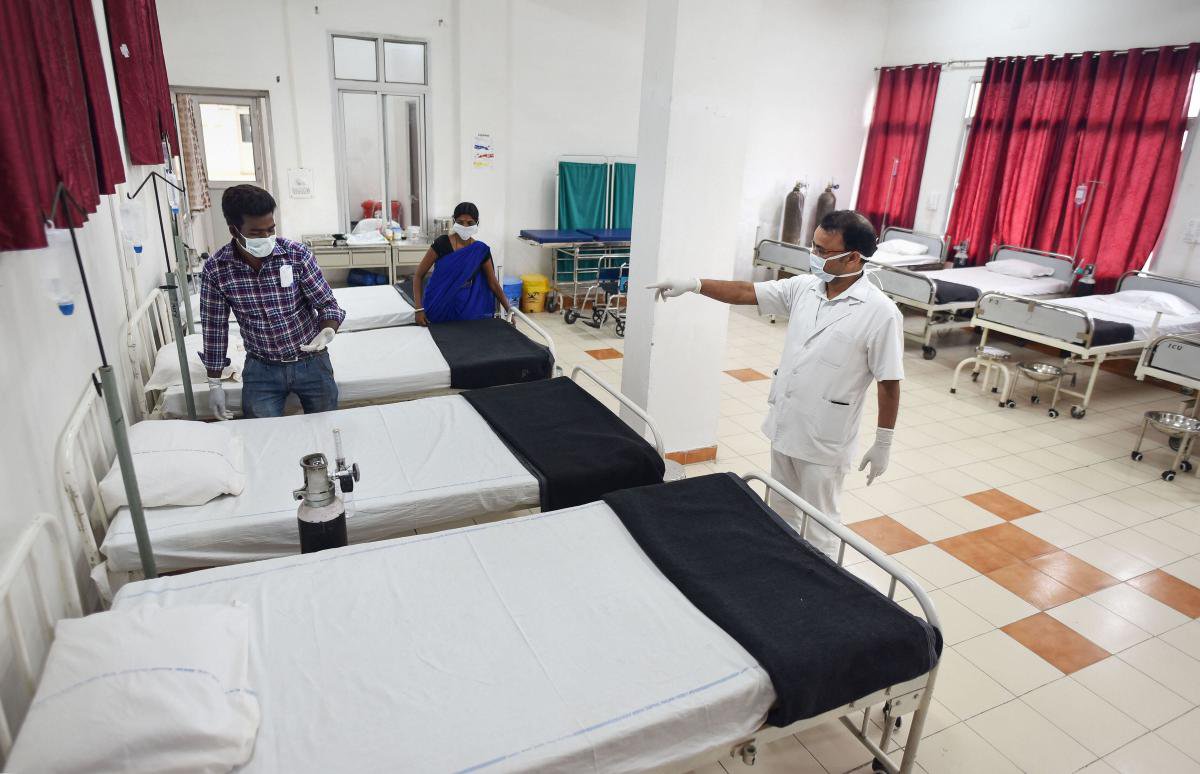
Test
“We have a simple message for all countries: test, test, test. Test every suspected case.” This was one of the first advice by WHO to help nations fight against the novel Coronavirus pandemic.
South Korea, for example, chose not to impose a lockdown but instead reduce the spread of the virus by increasing their testing rates early. Others who did not increase their testing rates early, like India and Belgium, chose to impose a lockdown in order to contain the spread. In Belgium, the infections continued to increase as testing rates increased.
Testing, testing and some more testing is not just the best way to reduce to the virus, but might just be the only way.
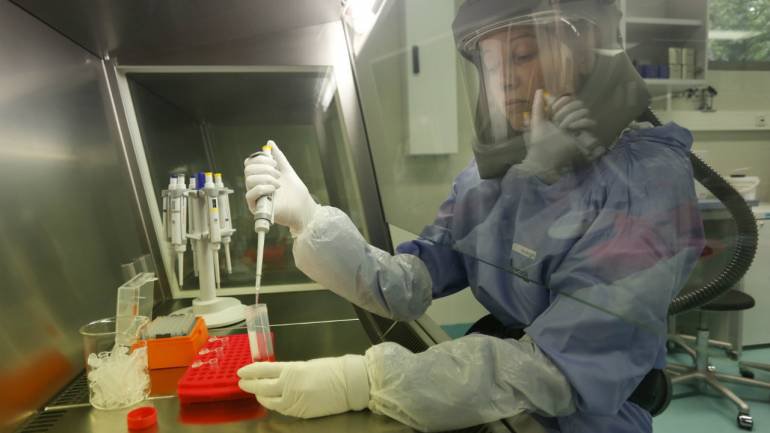
Treat
While it is true that there is no vaccine to stop the spread of Coronavirus, it is however not true that one can never recover from it. 178,539 people worldwide have recovered from the virus so far.
Countries must put equal amounts of effort into treating the patients of the symptoms to ensure more and more people recover successfully.
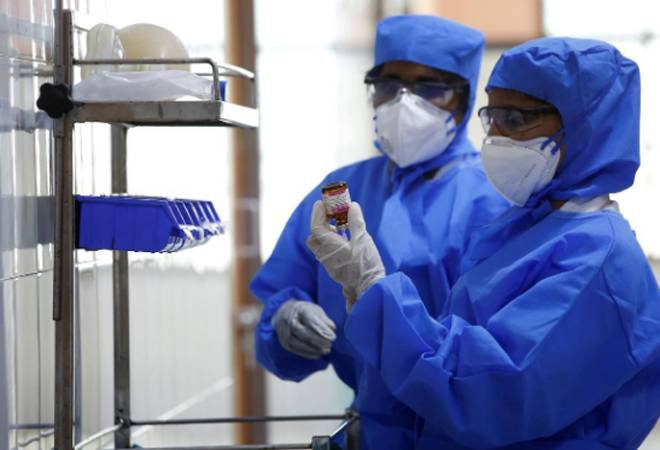
Trace
Back to square one, medical and health officials along with the deployed police forces must trace the route of the virus, from the confirmed patient to where the person might have got it from. This will ensure that all the possible routes to the virus will be under surveillance.
There is no doubt that social distancing and nationwide lockdown comes at a huge economic and social cost. Keeping this in mind, it is imperative that India ups its testing capacity and isolation and treatment centres.
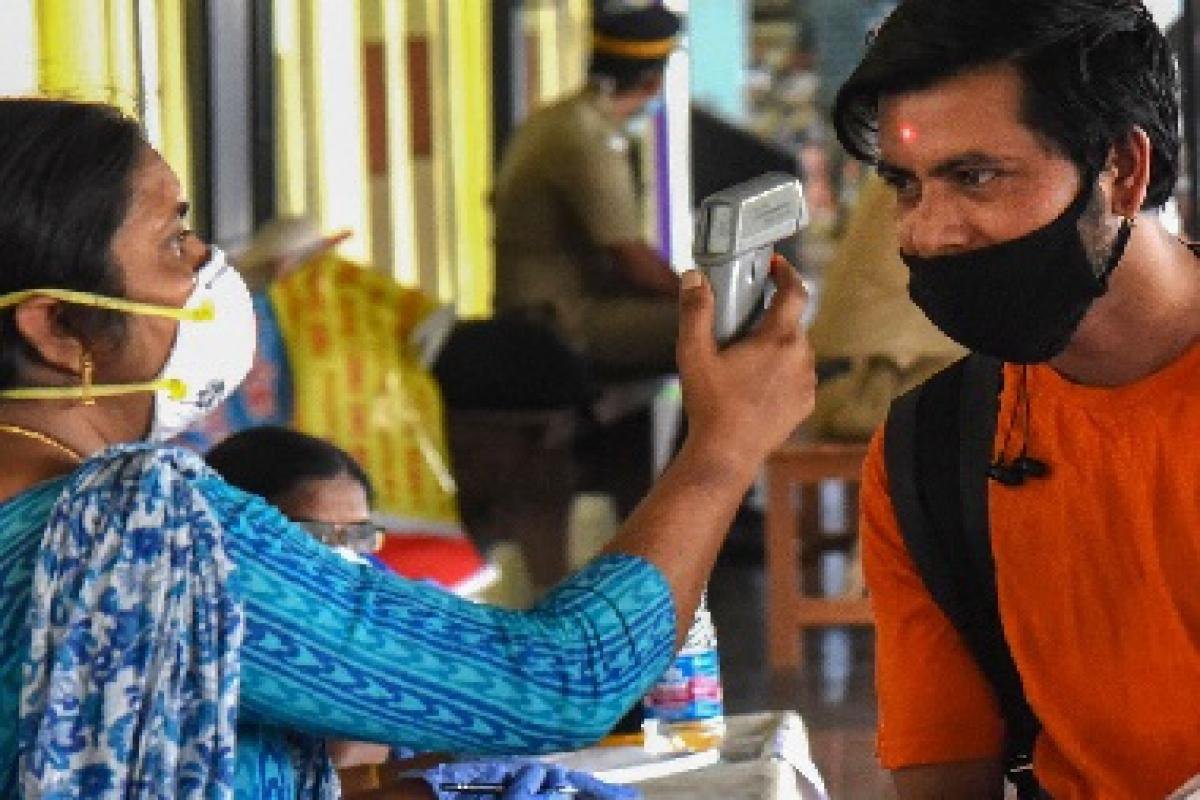
Without testing and treating, social distancing would not be of much help. The moment you lift the lockdown, the virus would spread. Unfortunately in the absence of proper testing and treating facilities in India, it is the only option available.

















